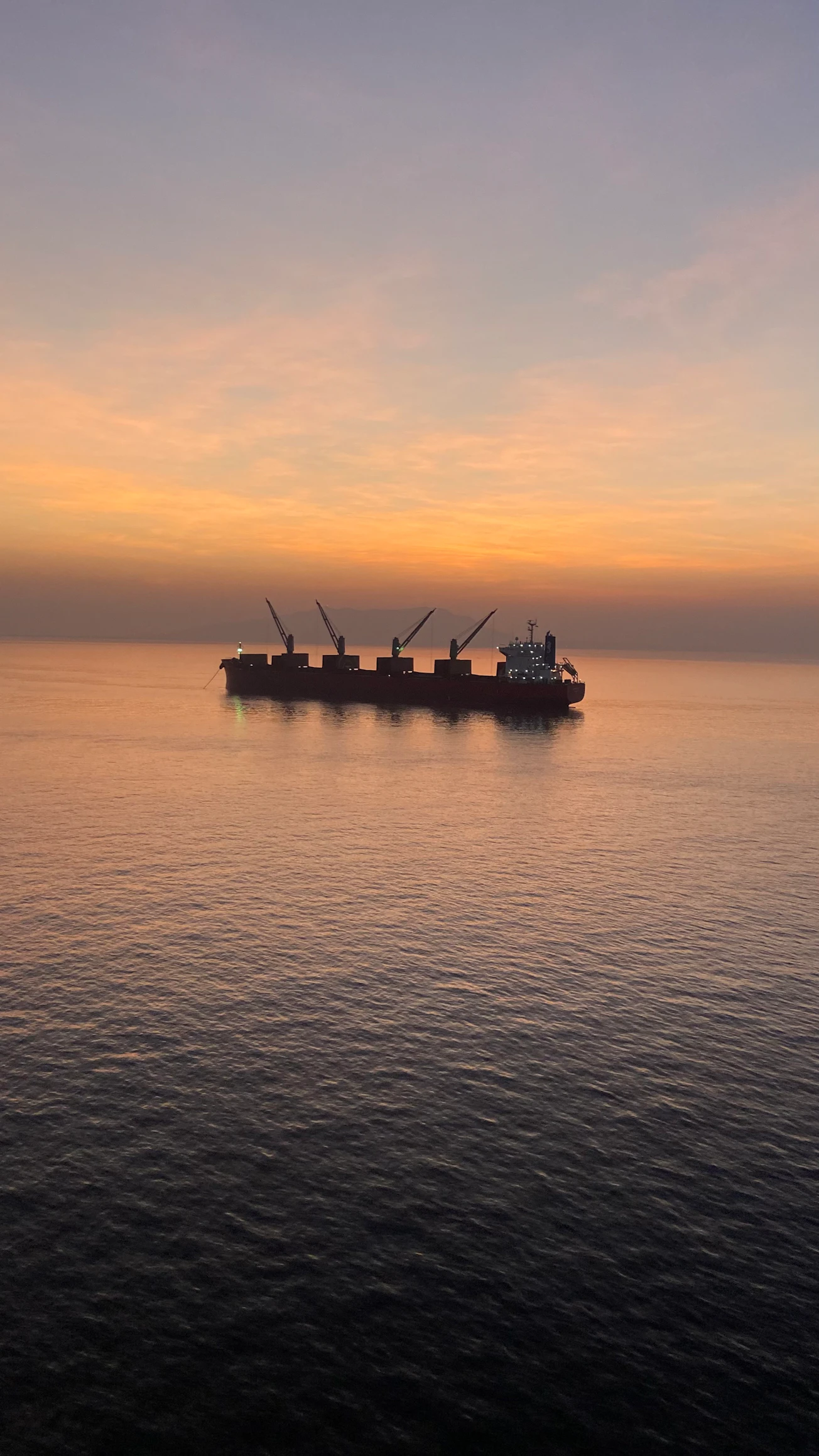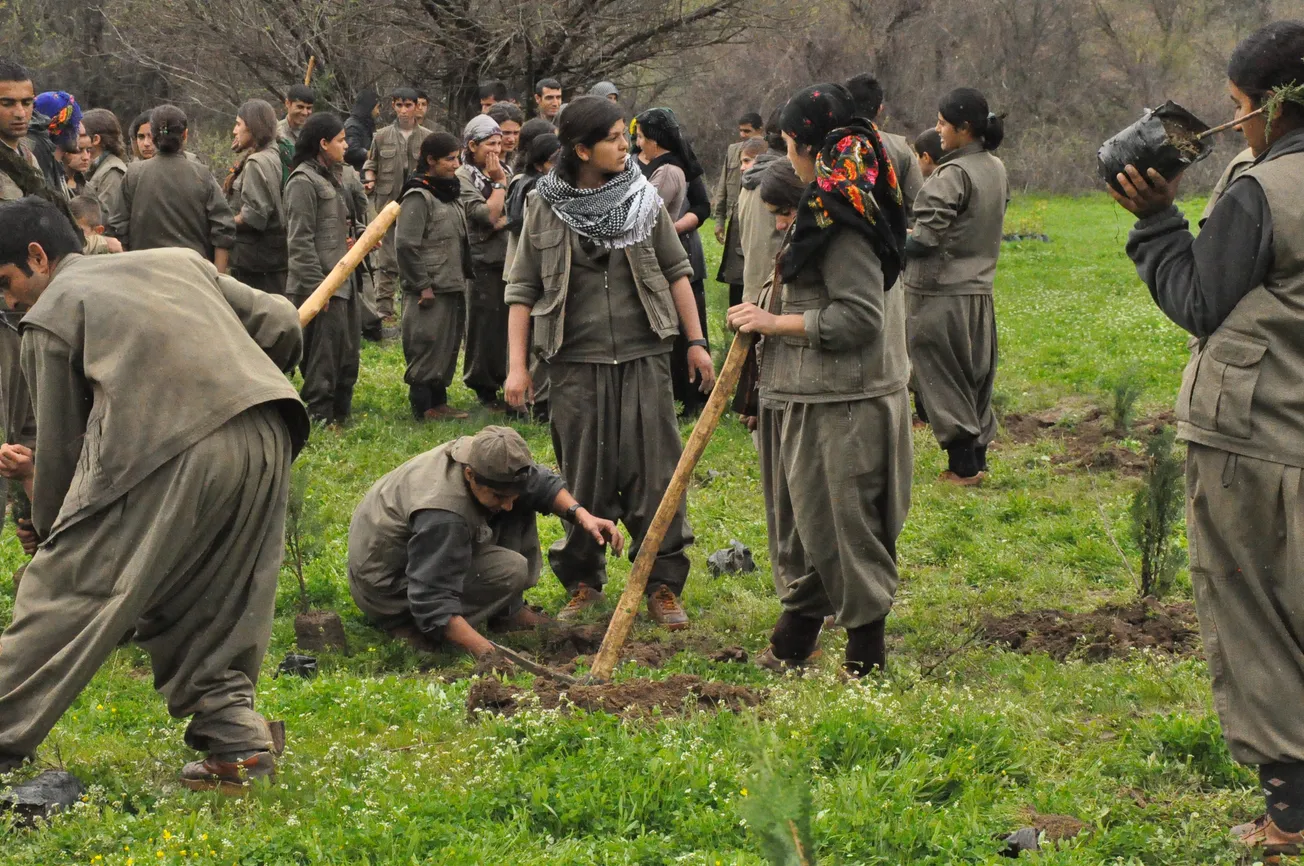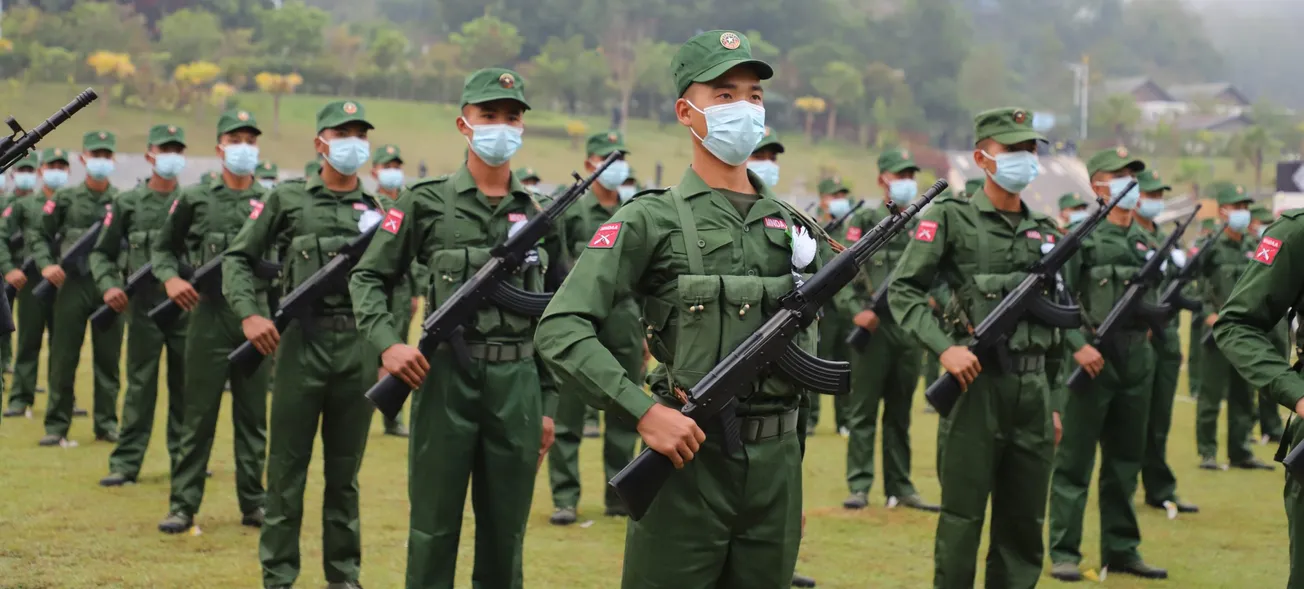Introduction
The Houthi rebellion has created instability in the Middle East, mainly in Yemen and its surrounding waters. The rebels' aggressive actions have raised international concern, especially with their persistent attacks in the Red Sea and Gulf of Aden. This article provides an overview of the Houthi insurgency, Iran's role in the crisis, the impact of the rebels' attacks on maritime traffic, and potential solutions to restore peace.
Who are the Houthis? A Historical Background
The Houthis come from Yemen's northwestern province of Saada and belong to a sizable tribal unit practicing Zaydi Shiism, a sect of Islam that constitutes about 35% of Yemen's population. The group's political and military rise began in the early 2000s under the leadership of Hussein al Houthi, who criticized the then-Yemeni government's alignment with the United States and Israel.
The Houthis' emergence as a regional power occurred amidst political instability following the resignation of Yemeni President Abd Rabbuh Mansur al Hadi in 2014. Having taken control of the capital, Sanaa, and a significant portion of northern Yemen, the Houthis have become the de facto government in these regions.
The Role of Iran in the Houthi Rebellion
The relationship between Iran and the Houthis has been contentious in international discourse. Accusations of Tehran providing the rebels with weapons, training, and financial support have been widespread. However, Iranian and Hezbollah officials have consistently denied or played down these claims.
Despite the denials, there is substantial evidence pointing towards Iran's involvement in the Houthi rebellion. Reports of U.S. and allied nations intercepting weapons shipments from Iran to the Arabian Peninsula have been recurrent. Furthermore, a confidential UN report in 2017 suggested that remnants of ballistic missiles fired into Saudi Arabia by the Houthis appeared to have been designed and manufactured in Iran.
The Impact of Houthi Attacks in the Red Sea and Gulf of Aden
The Red Sea and Gulf of Aden are critical maritime trade routes that connect the Mediterranean Sea with the Indian Ocean. The Houthi rebels have targeted commercial shipping in these waters, posing a severe threat to global commerce.
Since mid-November 2023 alone, the Houthis have carried out dozens of attacks on international vessels transiting these waters. Although these attacks have not resulted in significant casualties, they have disrupted maritime traffic and increased shipping insurance costs. The attacks have also prompted shipping conglomerates to consider longer, alternative routes, thereby prolonging global supply chains.
Options for Addressing the Houthi Crisis
Given the escalating Houthi attacks and their implications, exploring possible options to address this crisis is essential. These options range from diplomatic engagement to strategic inaction, increased air strikes, covert operations, and counterterrorism measures.
Diplomatic Engagement
One potential response to Houthi aggression is through diplomatic engagement. This approach involves offering incentives to the Houthis to cease their maritime attacks, such as accelerating aid shipments into Gaza, initiating talks without preconditions, or acknowledging the Houthis' de facto governance in northern Yemen.
Strategic Inaction
Another approach is strategic inaction or "buck-passing," wherein the U.S. deliberately refrains from intervening, compelling other major powers like China and Europe to assume a more significant role in securing the critical sea lines.
Increased Air Strikes
Continuing air and naval strikes against Houthi targets in Yemen is another potential option. Such action could degrade the Houthis' military capabilities over time, although it may not necessarily alter their strategic intentions.
Covert Operations and Counterterrorism Measures
A more aggressive approach could involve covert operations or counterterrorism measures against the Houthis. Such actions could disrupt the group's military logistics and supply chains, potentially decreasing their operational capabilities. However, this approach carries significant risks, including potential legal and ethical issues, and could inadvertently escalate the conflict.
Conclusion
To address the Houthi crisis, it is necessary to understand the group's origins, motivations, and regional dynamics. While there is no perfect solution, avoiding overreaction and considering a range of potential responses is crucial. Balancing diplomatic engagement, strategic inaction, targeted air strikes, and covert operations may be necessary to mitigate the Houthi threat and ensure maritime traffic safety in the Red Sea and Gulf of Aden.










